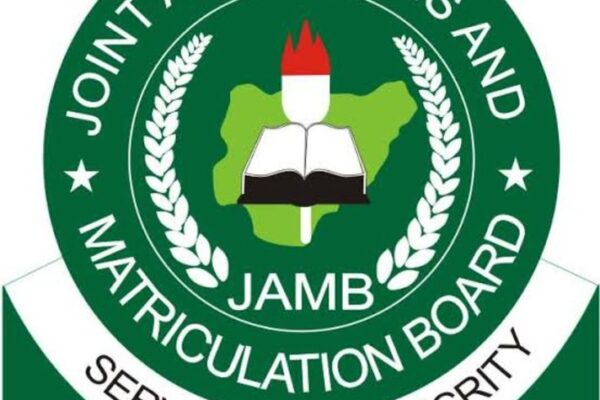
NLC Slams Dangote Refinery, Lagos Government Over Recruitment of 89 Unskilled Workers from Katsina
The Nigeria Labour Congress (NLC) has issued a stern warning to the Dangote Refinery and the Lagos State Government over the controversial recruitment of 89 unskilled labourers from Katsina State, describing the move as a violation of labour laws and a potential security risk to the Ibeju-Lekki host community. The Lagos chapter of the NLC, through its chairperson Comrade Funmi Sessi, strongly criticized the development, warning that it could spark a labour crisis if not swiftly addressed. Public Concerns and Police Clarification The controversy erupted after a viral video surfaced showing the 89 youths disembarking from a truck near the Dangote Refinery site. The clip triggered panic among residents, prompting police intervention. Responding to public anxiety, Lagos State Police Command spokesperson Benjamin Hundeyin confirmed the workers’ legitimacy, stating they were recruited as labourers by a vendor affiliated with the refinery. “Upon receipt of the information on May 14, 2025, officers were deployed to the scene. Preliminary investigations revealed that the 89 men had arrived from Katsina to work at the Dangote Refinery,” Hundeyin stated on X (formerly Twitter). Labour Union’s Position: “A Clear Aberration” Despite police assurances, Comrade Sessi remained adamant, calling the recruitment unethical and illegal. “This is an aberration. Labour rules are clear — 70% of unskilled jobs should go to locals, and only 30% to outsiders with proven expertise,” she said in an exclusive interview. She questioned the rationale behind importing unskilled labour when the Lekki area is home to thousands of unemployed youths. “What skills do these Katsina youths possess that locals don’t? What competence is lacking among Lagosians?” she asked. “Why not deploy them to Dangote’s northern-based companies instead?” Sessi also accused the company of a pattern of exclusion, alleging that Dangote frequently brings in Indians and other expatriates for jobs Nigerians can handle. Call to Action The NLC chair called on Governor Babajide Sanwo-Olu and the Federal Ministry of Labour to compel Dangote to return the workers to the north. “We’re calling him out. If he doesn’t reverse this, we will escalate it to NLC national leadership. We will not sit back while our youths are marginalized in their own land,” she warned. Dangote Refinery Responds In its defense, the Dangote Refinery distanced itself from the recruitment, claiming the workers were brought in by a third-party vendor. “We didn’t authorize their recruitment. One of our vendors brought them in. We are currently investigating the matter,” a spokesperson told Weekend Trust via text message. The Dangote Refinery, a $28 billion mega project, has previously faced criticism over its hiring practices, particularly regarding the underrepresentation of local labour. As investigations continue, tension remains high, with labour unions threatening action and the public demanding accountability.








